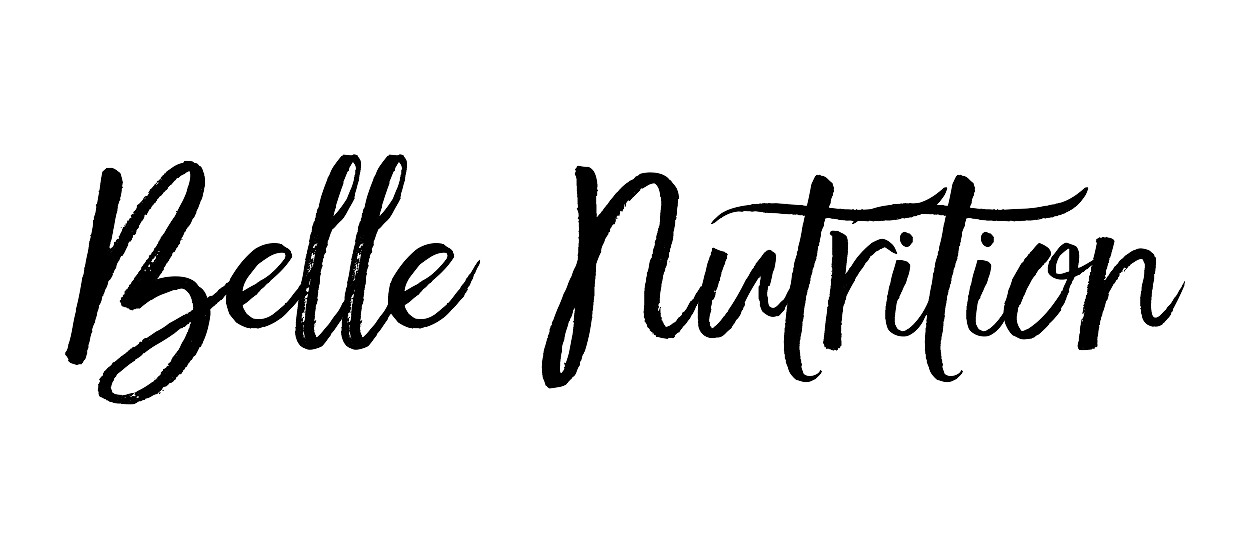Image by Ponyo Sakana
Marine vegetables, such as seaweed, are not an item that historically have been part of the UK diet. However, there are so many delicious ways to bring seaweed into your kitchen without training as a sushi chef: these include sushi bowls (all the fun of sushi without the technical drama), the use of roasted nori seaweed strips or seaweed flakes to jazz up soups and salads, or a simple Itsu seaweed snack.
Seaweed is a powerhouse of nutrients such as amino acids, omega 3 fats, vitamin A, B, C and E plus it is a rich source of minerals, a key player being iodine. With this immune boosting profile, now is a great time to introduce this marine vegetable into your diet. For further motivation we can look at other areas of the world in which seaweed features daily in the diet.
1. Seaweed and Longevity
Let’s consider Japan, a nation which boasts some extraordinarily good health records. The Japanese are considered one of the world's longest living people, with an unusually low rate of certain types of cancer. A major dietary difference that sets Japan apart from other countries is high iodine intake, with seaweeds the most common source. Here is some staggering Japanese health data (when compared to US figures), facts which are possibly related to high seaweed consumption and iodine intake:
1. Japanese average life expectancy (83 years) is five years longer than US average life expectancy (78 years)
2. In 1999 the age-adjusted breast cancer mortality rate was three times higher in the US than in Japan
3. Ten years after arriving in the US (in 1991), the breast cancer incidence rate of immigrants from Japan increased from 20 per 100,000 to 30 per 100,000
4. In 2002 the age-adjusted rate of prostate cancer in Japan was 12.6 per 100,000, while the US rate was almost ten times as high
5. Heart related deaths in men and women aged 35-74 years are much higher in the US (1,415 per 100,000) as they are in Japan (897 per 100,000)
6. In 2004, infant deaths were over twice as high in the US (6.8 per 1,000) as they were in Japan (2.8 per 1,000)
Image by Lachlan Ross
It is estimated that the Japanese iodine intake--largely from seaweeds--averages 1,000-3,000 μg/day (1-3 mg/day). Interesting when the Reference Nutrient Intake (recommended daily amount to keep you healthy) in the UK is a mere 140 μg/day for a healthy adult female. This is a dramatic difference and could very feasibly be linked to the rate of hypothyroidism in the UK and US. Could extra iodine keep us healthy?
Well let’s consider what iodine is required for in the body. Vital to thyroid function, the trace mineral, iodine, is a critical component of hormones produced by the thyroid gland that are responsible for a number of important functions in your body, including growth, metabolism, reproduction, nerve and muscle function, regulation of body temperature and blood cell production. The thyroid also has an intricate relationship with immune health. Certainly food for thought. Read more at the link below.
https://thyroidresearchjournal.biomedcentral.com/articles/10.1186/1756-6614-4-14 2.
2. Seaweed and Weight Loss
Seaweed is also useful for T2 diabetes management and weight loss. When the obstacle to weight reduction is constant hunger then including fibre rich plant-based foods can be incredibly useful in encouraging that feeling of fullness we need to stop us snacking and to consume food in moderation. It is specifically the polysaccharides and dietary fibres from seaweed which improve that feeling of fullness after a meal.
The abundance of dietary fibres found in seaweed also assist in the reduction of blood glucose levels and research shows also improve insulin sensitivity. Therefore, we can consider the use of seaweed in reducing body weight or encouraging weight maintenance.
More on weight loss and T2D at the link below.
Image by Ponyo Sakana
3. Seaweed and Chlorophyll
Chlorophyll, the compound responsible for green pigmentation in many plants, is rich in antioxidants and vital minerals such as magnesium, iron, potassium, calcium and also essential fatty acids. Research has shown that chlorophyll derivatives, such as chlorophyllin, exhibit antioxidant (immune boosting/protective) activity, at least as good as vitamin C. Again, another fine reason to include seaweed in the diet during a time when immune boosting should be taking centre stage, of equal importance to self-isolation.
Read more on chlorophyll and its antioxidant potential
Practicalities – one delicious way to involve seaweed in your day is to use Roasted Nori Wraps in your lunch time repertoire.
Here I have combined the following to create a tasty filling: • Avocado • Pak choi • Shiitake mushrooms (sautéed with a little mirin and lime juice) • Spring onions • Ginger (shredded) • Edamame beans • Thin slices of red pepper
How to: Use one large Nori sheet, add a smear of chilli sauce (I love the sweet variety) fold into a cone and stuff with chosen ingredients, add an extra squeeze of lime. Sprinkle with sesame seeds.
Simple and delicious.




